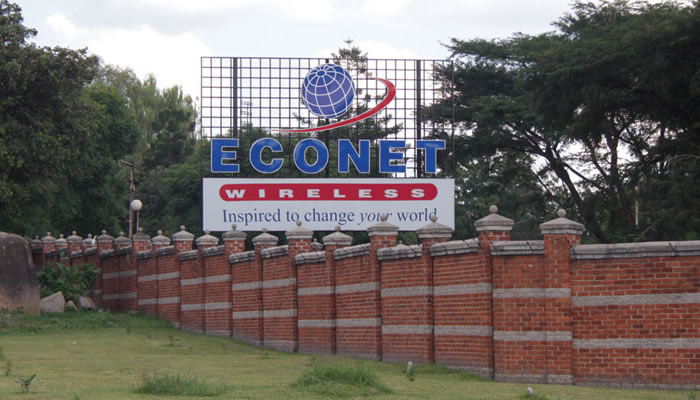Consumers and business leaders have blasted the Postal and Telecommunications Regulatory Authority of Zimbabwe (Potraz) for unilaterally increasing the price of data and voice call services.

The regulator last week announced the move to put into effect new minimum floor prices for all voice calls and data services provided by the country’s mobile network providers – NetOne, Econet and Telecel.
Our Harare Bureau reported that the floor price for voice service will be 12 cents per minute from about 9 cents and 2 cents per MB for data, effective today.
Potraz has reportedly communicated the new prices to mobile operators who are supposed to revise their products in line with the new pricing structure and terminate bundles that do not conform to the new minimum prices, reported Techzim, a local online technology magazine.
It said the change means that some packages will become more expensive, making it the latest move by Potraz to protect mobile operators’ revenues.
Consumers have reacted angrily to the move, which they view as an ‘unjustifiable’ rip-off on clients at a time when the economic conditions are hard on ordinary people.
They said the increase in charges would reduce the value for money that consumers will get after recharging.
Given that the Government has already imposed a five percent health levy for every dollar spent on voice or data bundles, in line with the 2017 budget, consumers say it is unfair for Potraz to load an extra cost on them.
The regulator has claimed the move was necessitated by a decline of revenue to mobile operators as a result of the substitution of voice and SMS by Internet Protocol (IP) voice and messaging services of the international OTT players who ride on the networks of local operators. However, consumers view this as a highest level of treachery by Potraz.
Business analyst Mr Leonard Mutambanengwe said: “Regulators in economics are to safeguard competitive environments, which benefit the consumers. A regulator setting a price floor is essentially counter-productive to the welfare of consumers.
“And as many rightfully allude to, consumers are going to pay the price for these firms’ inability to be innovative and their succumbing to disruption in their industry.”
An audit expert Mr Tymon Chikosi concurred saying generally the prices of mobile data in Zimbabwe were ‘too high’, adding that the country’s mobile operators are over protected by the authority.
“Is it the authority’s function to defend local operators or to enable a fair market, which primarily favours the consumer.”
Consumers and business leaders took to the social media where they questioned the rationale behind the tariff increases, arguing that in other countries data was free.
Digital media and marketing consultant Ms Delta Ndou torched widespread reaction on her Linkedin account when she said: “This move is not in tandem with Potraz’s previously stated intent to promote innovation and ensure non-prohibitive pricing of data.”
Funding partner at Best Farms Zimbabwe Mr Rob Shaw reacted: “Having spent time working in various African countries on agricultural projects, I can honestly say Zimbabwe has one of the most expensive call/data rates on the continent. Simple equation for $5 in one of the West African countries (pay as you go) I would Skype from my laptop, emails, phone calls back to Zimbabwe and local calls for a week in Zimbabwe.”
Mr Chenge Matanhire weighed in: “Potraz now actually wants to guarantee the profitability of these capitalists at the poor’s expense! I have always thought that as a regulator authorised to do so by a government elected by the people, they must be seeking protectionist to the consumer – the people.”
Another consumer Mr Simba Mashiri said given declining individual incomes and cash shortages, it was sad for Potraz to add another burden on people.
The move by Potraz will push the already high prices of data up. One gigabyte of data in Zimbabwe costs $35, compared to South Africa’s $5,30 and Tanzania’s $0,90. In October 2016 Potraz said it was engaging mobile service providers to slash prices of data so that they are not punitive. The new development therefore, comes as an unexpected and unwelcome surprise to consumers, analysts said. The Chronicle






